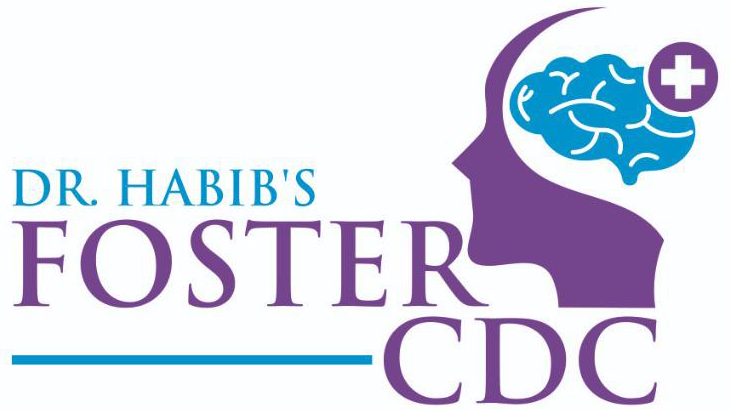Hearing Loss Causes
Causes of hearing loss in children: When a child is born deaf or become deaf in early childhood, there could be many reasons. Though there are many causes of deafness in children, knowing the exact cause, at times, can be difficult and disturbing.
Hearing loss in a child is detected when the child is born or later in childhood. The earlier you understand the condition of your child the better. You can provide the care and help your child needs so that your child can keep up with other children his age. The most important thing is to get the right treatment.
The following are the causes of hearing loss in children:
Otitis media
In young children, middle-ear infections are common as they have short Eustachian tubes (not fully formed). These tubes connect middle ears to the nose. Accumulation of fluid results in infection and pain. Even in absence of infection and pain if fluid stays behind the eardrum – it affects hearing. When otitis media becomes severe and lasts for a long time, it may lead to permanent hearing loss.
Genetic causes
Some cases of hearing loss in children can be attributed to genetic causes (faulty genes). Such children are born deaf.
Hearing loss during pregnancy or prenatal care
In some cases, a woman who has gestational diabetes or preeclampsia can give birth to a child with hearing loss. Sometimes, a prematurely born baby too has a risk of hearing loss or deafness.
Head Injury
Head injuries and trauma can also result in hearing loss and other problems in children.
Illnesses
Flu infections, meningitis, chickenpox, measles and encephalitis can also cause hearing loss in children.
Other causes
- Certain medications, very loud noises can also cause hearing loss in children.
- Down’s syndrome
- Auditory processing disorder
- Auditory Neuropathy Spectrum disorder
- Crouzon syndrome
- Enlarged Vestibular Aqueducts (EVA)
- Cholesteatoma
- CHARGE syndrome
- Branchio-Oto-Renal syndrome
- Alport syndrome
- Microtia and atresia
- Stickler syndrome
- Otosclerosis
- Jervell and Lange Nielsen syndrome
- Waardenburg syndrome
- Treacher Collins syndrome
- Goldenhar syndrome
- Pendred syndrome, where children have enlarged vestibular aqueducts
- Usher syndrome Type 1 and Type 2
- Cytomegalovirus (CMV)
Bottom Line
Hearing Loss (deafness) Screening
Screening a child is very important to detect whether a child has hearing loss. Screening test for hearing loss is simple and not painful. The test is completed in a very short time – within a couple of minutes. Babies are often asleep while being screened.
Parents should pay attention to screening their babies as early as possible. In fact, all babies should get screened during their stay in the hospital no later than one month of age. Once a baby fails a screening test, a complete hearing test (hearing assessment) should be done as soon as possible. A comprehensive hearing test should be done within 3 months of age. Hearing impairment can lead to learning difficulties in children.


